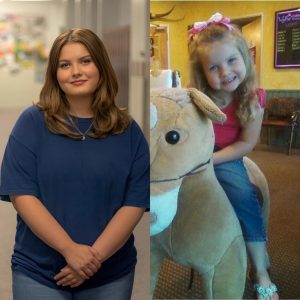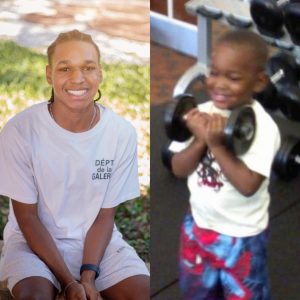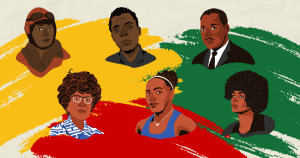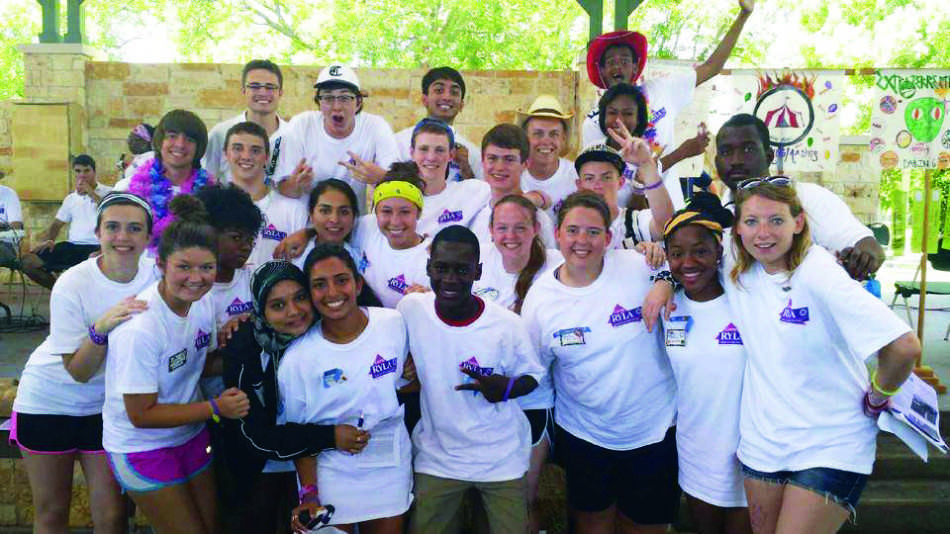Senior takes gap year to Taiwan
A different language, culture, climate, food, education and life, on top of living with a new family – senior Vig Balakrishnan will opt for going to Taiwan for one year as an international exchange student, while the majority of seniors are off to college.
Balakrishnan attended Camp RYLA, Rotary Youth Leadership Award, over the summer and got the opportunity to apply for an international exchange program by the end of the camp. The program aims to recruit teenagers between the ages of approximately 17 and 18 for one year of experience in a foreign country. The candidates will represent certain areas of the U.S. and serve as ambassadors while studying in a foreign classroom. For Balakrishnan, the represented region will be Texas, specifically the Plano district.
“I’m going to provide not only a presentation of what Plano would be to them, but I’ll also have to attend school and be a good student,” Balakrishnan said.
Except for flight expenses, the program covers most of the expenses for participants.
“I get a free education, residence, and they give me an allowance of approximately 100 dollars every month,” Balakrishnan said. “That’s not a lot, but I can add it up.”
Balakrishnan said that originally, his first choice country was Norway. However, all European countries have more specific age limits for this program, requiring candidates to be under 18 and a half by the time they arrive at the country. Balakrishnan managed to finalize his choices among South Korea, Thailand and Taiwan.
“They told me to pick a list and I went off with the top five countries in my head,” Balakrishnan said. “My first choice other than Norway was actually South Korea, which has been one of the countries I have been recently getting into, both culturally and personally. A lot of friends have been suggesting stuff like their food and what places to visit in South Korea. The issue with that is that they never responded, so I didn’t hear back.”
However, Balakrishnan did receive responses from Thailand and Taiwan and picked the latter after some consideration.
“I have certain knowledge that relates to the culture that could help me out,” Balakrishnan said. “My friends told me that Taiwanese people have a fondness for the English language, so even if I’m not good at Chinese, I’m pretty sure they’ll try to speak to me in English.”
Taiwan’s official language, Mandarin Chinese, is constantly listed as one of the most difficult languages in the world. For Balakrishnan, learning basic communication is his top priority at the moment.
“Right now, I’m still in the kindergarten phase,” Balakrishnan said. “I can greet people and do basic communication like asking directions, but there’s nothing very extensive. There’s not really time for me to sit down and start from the ABCs. Instead of going through the preschool phase, I have to jump right in to, like, fifth grade.”
Balakrishnan has many friends who can understand and speak Chinese very well, and they have been giving him assistance.
“Everyone could help me right now,” Balakrishnan said. “Even if somebody teaches me a simple phrase, it’d be helpful. But I don’t see my Chinese friends every day, so I have to teach myself.”
Balakrishnan finds his learning resources mostly through the internet.
“Every day is a research day,” Balakrishnan said. “I have to listen to music to help me, I have to watch shows and TV shows – even if they’re nonsense TV shows – they’ll be in Chinese and it’ll help me out.”
According to Balakrishnan, music is the most interesting subject for him when learning a new language.
“I’m a very musical person,” Balakrishnan said. “I think Taiwanese music is very interesting. I haven’t listened to any cultural classic music, since I’ve been focusing myself on whatever the internet can provide me. What I’m trying to get behind the music is to recognize the phrases, and by singing them repeatedly, I’m hoping I can make progress.”
One of the major drawbacks in this program is that candidates have to attend a local high school as a senior instead of as a college freshman. Since the program expects participants to display a positive image and serve as ambassadors, Balakrishnan will be expected to earn decent grades.
“So I’ll have to defer myself for one year for college, and I get an extra year of high school after I come back one year later to attend UTD,” Balakrishnan said. “In Taiwan, whatever they have to do, I’m expected to do the same. I’ll have to show a good image and I’m hoping that the school will have lenience on me. Right now, I have to make sure that I don’t screw up very bad.”
Aside from grades, Balakrishnan’s biggest concern is adapting to the different cultural norms as quickly as possible.
“I’ll get trained from a foreigner’s perspective and make sure that I attend to the customs and certain stuff to make sure I don’t offend anyone,” Balakrishnan said. “Because even if you don’t know the language very well, you can act accordingly to the culture and they will agree with you.”
Taiwan’s historical background is fairly complicated given that three groups of people have had major impacts on it throughout history – mainland Chinese throughout the Qing Dynasty, the Japanese during early 20th century and the natives. Its consistent political struggle with mainland China and the United Nations has also made many issues sensitive from a foreigner’s point of view.
“There’s information I need to be aware about,” Balakrishnan said. “Everything comes from that very social understanding. If you are ignorant about certain issues, it can be kind of judgmental, especially for this kind of program. So I have to invoke myself a lot.”
A good aspect of this program comes from his family’s support. However, being an only child, Balakrishnan’s parents were against it in the beginning.
“My parents are very supportive,” Balakrishnan said. “They aren’t denying anything; they are just worried. Now they’re very appreciative for this program. Sometimes they try to learn Chinese with me and mess it up in a much weirder way than I could have.”
Overall, Balakrishnan is considered an outgoing person by his friends, but whether this will be in his favor when adapting to other cultures remains in doubt.
“It is not necessarily my personality that’s the issue,” Balakrishnan said. “It’s the issue of adapting quickly and putting yourself out there. Even the quietest person can do it. It’s just the issue of doing it as quickly as possible. So I’m hoping that I’ll have an advantage with my personality, but at the same time I’m not sure about that.”
In June, Balakrishnan will attend a camp with people who have been to similar countries in the past years and receiving advice from them. He will depart for Taiwan in August.
Your donation will support the student journalists of Plano Senior High School. Your contribution will allow us to purchase equipment and cover our annual website hosting costs.
Senior Rachel Zhang joined newspaper this year because she was considering majoring in journalism. She moved to Plano from China before her junior year....
















